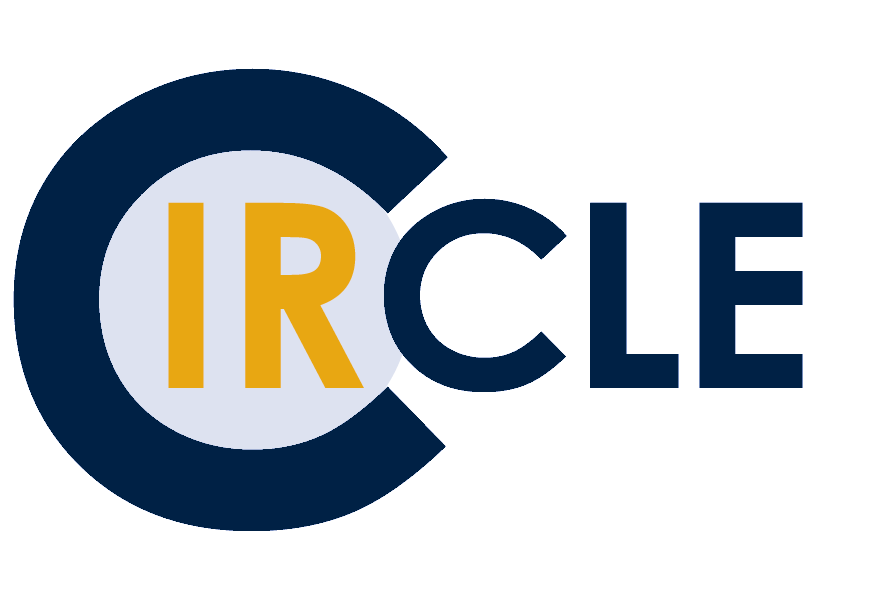
Photo courtesy: Unsplash
Hello! I’m Ruby, a Master of Library and Information Studies (MLIS) student at UBC’s iSchool and the cIRcle Research Assistant. This blog post is one of a series of blog posts I’ve written regarding my time at cIRcle. In this post, I discuss my experience attending the Research Data Alliance (RDA) 20th Plenary Meeting in Gothenburg, Sweden on March 21-23, 2023.
The RDA is an international initiative working to enable the open sharing and re-use of data by building social and technical infrastructure (RDA 2016a). I had the incredible opportunity to attend the RDA 20th Plenary Meeting in Gothenburg due to the generous support of the Digital Research Alliance of Canada, and in celebration of the formation of RDA in Canada (Digital Research Alliance of Canada, 2022; Woodford, 2023).
Throughout my MLIS degree, I intentionally searched for ways to learn more about Research Data Management (RDM) and how librarians can support researchers throughout the research data lifecycle. Attending the RDA Plenary was an opportunity for me to expand my knowledge in this area through cultivating community and collaboration and providing me with international perspectives.
When planning my schedule for the RDA Plenary, I was intimidated and overwhelmed by the size of the event’s program. There were so many sessions happening throughout the conference and I was not always familiar with what the titles of these sessions were referencing. Despite the feeling of imposter syndrome creeping over me, I planned to attend some sessions related to content I know I have an interest in, and some sessions that were slightly out of my comfort zone related to areas I wanted to learn more about.
When it came time to attend the conference, I went in with an open mind and introduced myself to as many people as I could. Everyone was incredibly welcoming and nice; any remnants of imposter syndrome quickly faded away and I immediately felt like I fit right in.
From the sessions I attended, I noticed some recurring themes that continually rose to the surface:
- Connection
- Collaboration
- Interoperability
- Transparency
I interpreted these ideas, whether mentioned explicitly or not, as central themes of the plenary overall. Upon reflection, I recognized how these concepts are closely related and how intertwined they are in the world of RDM and open access.
Connection was conveyed through the welcoming nature of the conference and the importance of long-term relationship building to sustainable data management practices. Although the plenary is international, I was reminded of how important it is to be connected and grounded in the specific community and users one is serving.
Collaboration is key when learning new concepts and implementing new processes. It is intrinsic to notions of openness, sharing, and reuse. Further, collaboration and support are important when you or others have little resources as it can facilitate powerful outcomes despite these barriers.
Interoperability was referred to in almost every session I attended. One of the FAIR Guiding Principles for Data Management, interoperability refers to data being able to operate on/within a variety of applications, settings, and workflows (GO FAIR, n.d.). Interoperability is closely related to metadata and controlled vocabularies; these may be centralized and local yet still interoperable. Interoperability at all levels of an item, mechanism, or software is imperative if it is to contribute to a landscape of open science and open access. It is important in facilitating multi- and inter-disciplinary research across time and space.
Transparency is important in policy. Being transparent about how decisions are made and how guiding principles and roadmaps are created and developed is helpful in understanding their purpose and use. Transparency is a part of clear and effective communication. Further, it can enable groups and communities to learn from one another and to adapt and implement their own policy with inspiration from others.
Leaving the conference, I felt inspired and motivated to bring the lessons I learned to my current and future professional endeavours. I felt grateful that I had the opportunity to foster international collaborative relationships while also being reminded of the importance of remaining grounded in my local community. To be able to experience a new environment, learn new things, and meet new people was an incredible experience. The entire RDA Plenary was educationally stimulating and exciting and an experience I will never forget.
References
RDA. (2016a, March 22). About RDA. https://www.rd-alliance.org/about-rda
Digital Research Alliance of Canada. (2022, September 20). Research Data Alliance and Digital Research Alliance of Canada join forces in support of global research data management and open science. https://alliancecan.ca/en/latest/news/research-data-alliance-and-digital-research-alliance-canada-join-forces-support-global-research-data
GO FAIR. (n.d.). FAIR Principles. https://www.go-fair.org/fair-principles/
Woodford, C. (2023, February 24). Congrats to 2023 student travel award recipients. WDS-ITO. https://wds-ito.org/2023-student-travel-award-recipients/
